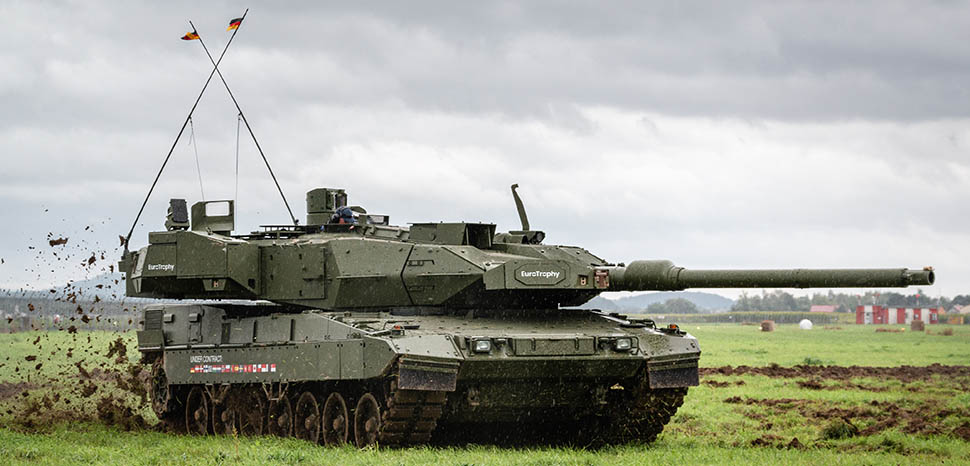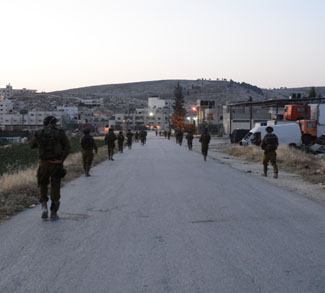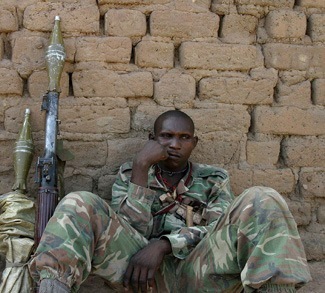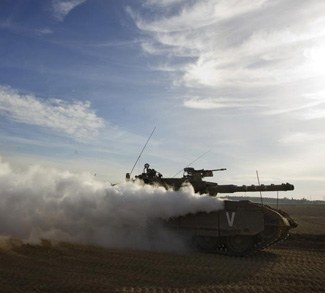Europe hums with the normalcy of daily life – cafes bustling, children playing, tourists snapping photos. Yet, a shadow hangs low on the horizon, a shadow cast by the rumble of tanks on Europe’s eastern border. Senior EU officials, including EU’s top diplomat Josep Borrell, warn of a potential war erupting on European soil, but the sense of normalcy persists. This disconnects between official pronouncements and public perception reveals a continent deeply divided in its understanding of the current threat.
The question remains: is a European war a genuine possibility, or simply a tactic to garner support for Ukraine? Perhaps it’s both. The warnings could serve as a dual message, deterring Russia while simultaneously pushing for increased aid to Ukraine. However, recent developments, such as the deployment of advanced Russian weaponry and the potential for a renewed offensive this summer, paint a concerning picture regarding the possibility of conflicts.
The tactics employed by both Russian and Ukrainian forces in this ongoing conflict could be readily and easily adapted for a potential hybrid war fought on European soil. The Iranian Shahed-136 drones, with their distinctive motorcycle-like engine roar, have become a constant presence in Ukrainian skies during Russian offensives. It’s not inconceivable to imagine these drones buzzing ominously over European airspace in the not-so-distant future. The geographical proximity of major European cities like Berlin and Warsaw to Ukrainian battlegrounds like Sevastopol and Kyiv (both less than 2,000 miles away) underscores the potential reach of these drones, even if they are not the most cutting-edge technology at Russia’s disposal.
Recent developments, including heavy Russian artillery going over the Polish border, paint a worrying picture. Despite these advancements, there seems to be a collective lack of urgency in acknowledging the seriousness of the situation. This perception, however, is not uniform across Europe.
Despite the increasing concerns, indeed, there is a clear divide between the proactive response of Eastern European countries and the apparent inaction of their Western counterparts.
Living in the shadow of the Russian bear, Eastern European nations have spent the past few months expressing a palpable sense of alarm and actively strengthening their defenses. Lithuania, a NATO member state that is eclipsed in size by countries such as France or Germany, stands out as a leader in dedicating a large portion of its GDP to bolstering its defenses and honing its military muscle – significantly outpacing its Western allies. Similarly, Poland, despite a recent shift in government, continues to grapple with historical and cultural tensions with Russia. Here, the specter of war is a constant vigil, a chilling reality that casts a long shadow over daily life. However, suggesting that their heightened awareness stems solely from geographical proximity would be a dangerous oversimplification. As the conflict in Ukraine tragically demonstrates, modern warfare can transcend mere kilometers.
A continent sleepwalking into conflict?
The European public seems largely oblivious to the potential consequences of war on their doorstep. While media coverage of the war in Ukraine has been extensive, it may not be adequately conveying the seriousness of the situation for Europe itself. Additionally, the daily news cycle often prioritizes domestic issues, potentially creating a sense of detachment from the larger geopolitical picture. This lack of urgency, particularly in contrast to the proactive stance taken by Eastern European nations, raises concerns about Europe’s overall preparedness.
The disparity in perception across Europe can be attributed to several factors. Eastern European nations may well have a historical memory of living under Soviet rule, which shapes their present outlook. They understand the potential brutality and unpredictability of Russia’s leadership, as did Ukrainians after the Crimea invasion. Western Europe, on the other hand, may be experiencing a form of war fatigue. Decades of relative peace have fostered a sense of complacency. Additionally, the economic anxieties associated with a potential conflict could create a strong disincentive to acknowledge the threat.
There may also be a lingering hope for diplomacy to prevail. European leaders and citizens alike may be clinging to the belief that negotiations can de-escalate tensions with Russia. Recent diplomatic efforts by Western European nations might further fuel this hope. However, a healthy dose of realism is necessary. While diplomacy should continue, a failure to adequately prepare for all possible scenarios would be a grave mistake.
A war on European soil could have a profound impact that extends far beyond the immediate conflict. Existing security architecture and alliances could be fundamentally reshaped. Political landscapes would undoubtedly shift, with potential for both increased cooperation and further fractures. The economic impact would be devastating, impacting trade, investment, and overall stability for years to come.
In the aftermath of COVID, a complacent Europe can ill-afford to ignore the gathering storm. The time for denial is over. Europe must confront the threat head-on. Open dialogue with European citizens about the potential for war and its consequences is crucial. This dialogue must move beyond the realm of political rhetoric and delve into the stark realities of the situation.
A multi-pronged approach is the only way to avert the looming shadow of war and ensure a peaceful future for Europe. Continued diplomatic efforts with Russia must remain a priority, but they should be coupled with responsible military preparation. Increased investment in defense capabilities and a renewed commitment to collective security through NATO are essential steps.
However, security goes beyond just military might. Europe needs to work towards a more unified foreign policy and a stronger economic foundation. This will require a renewed commitment to European integration and a willingness to overcome historical divisions.
The views expressed in this article belong to the authors alone and do not necessarily reflect those of Geopoliticalmonitor.com.




